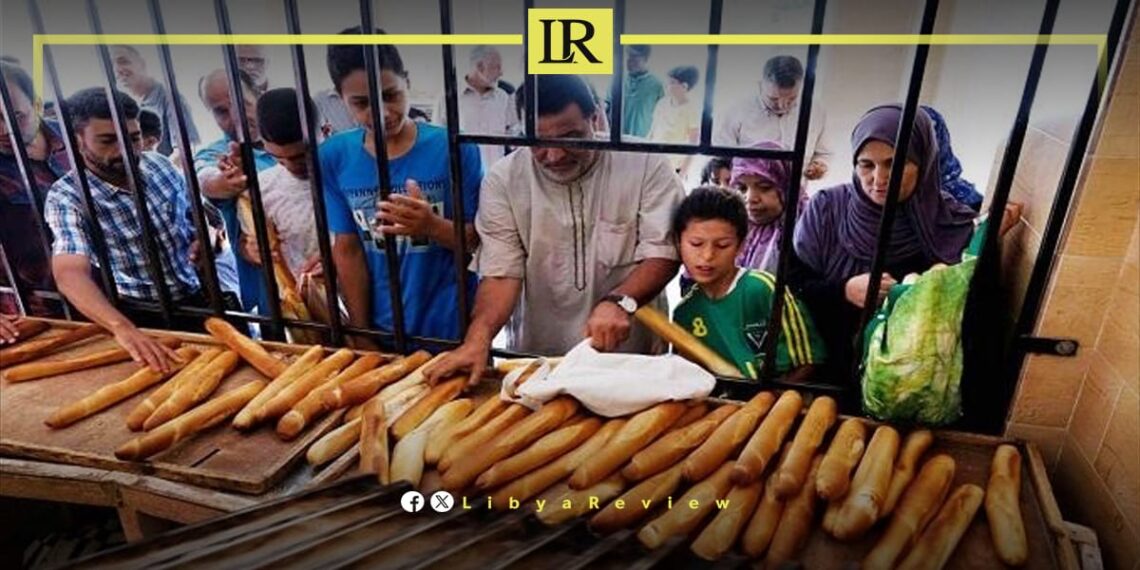Libya is facing a new bread crisis as tensions escalate between bakeries and government authorities over pricing, fuel supply, and the rising cost of basic ingredients.
The government recently set the price of four 100-gram loaves at one Libyan dinar. However, the General Bakers’ Union has strongly opposed the move, calling the decision “unjust” and made without consulting the bakery sector.
Naji Al-Saghir, head of the sub-union of bakery workers, said the pricing fails to reflect actual market conditions. He warned that many bakeries may be forced to shut down due to unsustainable operating costs and severe fuel shortages.
According to Al-Saghir, bakeries receive only limited diesel supplies each month and are often forced to purchase fuel on the black market at sky-high prices of up to 900 dinars for a 200-litre barrel. With no government support, the sector is struggling to survive.
Meanwhile, the cost of flour has soared, with a quintal (100kg) now exceeding 220 dinars. This makes it nearly impossible for bakeries to comply with the government’s pricing structure without incurring losses.
Ali Abuazza, head of the High Committee for Bakery Oversight, pointed to ongoing electricity shortages as a major factor. Power outages have disrupted flour production, leading to reduced mill output and allowing some traders to hike prices unchecked.
The crisis is particularly severe in southern Libya, where bakeries receive just 1,000 litres of diesel—a volume insufficient to cover their needs. With limited supplies, power cuts, and spiralling costs, bread availability in the region is deteriorating rapidly.
Amid mounting public anger and union pressure, bakery workers are demanding urgent government intervention to ensure fair fuel distribution, stable flour prices, and transparent decision-making.


